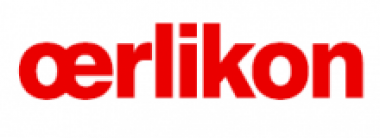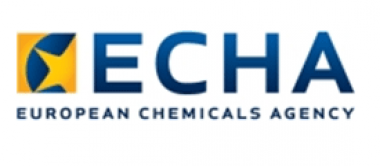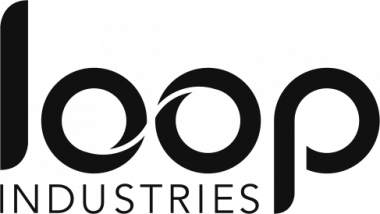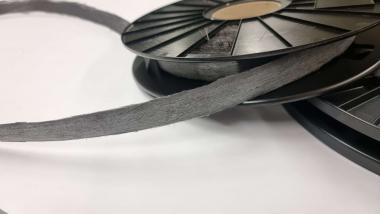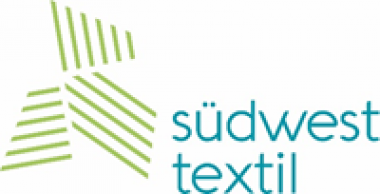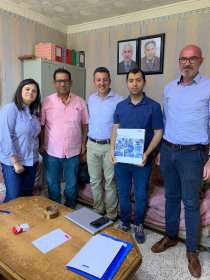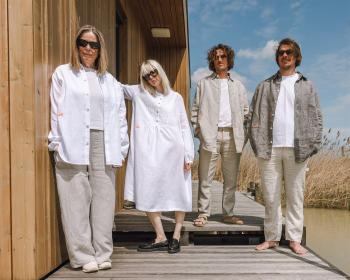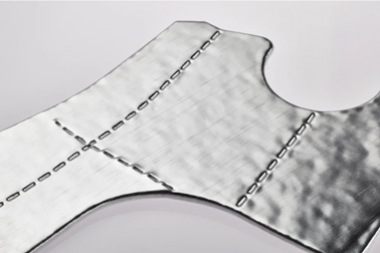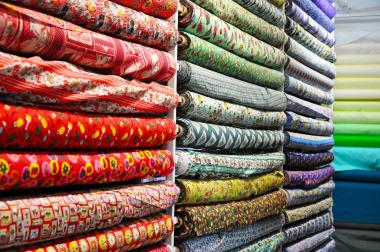Oerlikon successfully placed CHF 350 million dual-tranche senior unsecured bonds
OC Oerlikon Corporation AG, Pfäffikon announced the successful placement of two series of senior unsecured bonds: CHF 150 million due in September 2027 and CHF 200 million due in September 2030 (together, the “Bonds”). The proceeds of the Bonds will be used for general corporate purposes, including the repayment of outstanding debt. The Bonds have attracted broad investor demand.
The coupons have been set at 1.375% per annum for the Bonds due 2027 and 2.000% per annum for the Bonds due 2030. The coupons for both tranches are payable annually on September 3 with the first coupon payable on September 3, 2026, on both tranches.
An application for the Bonds to be admitted for listing and trading on the SIX Swiss Exchange will be filed, with provisional trading expected to commence on or around September 1, 2025. Settlement date of the Bonds is expected on September 3, 2025.
Commerzbank, Bank J. Safra Sarasin, UBS Investment Bank and Zürcher Kantonalbank acted as the Joint Lead Managers and Bookrunners, and DBS Bank Ltd acted as a Co-Manager on the offering.
OC Oerlikon Corporation AG


